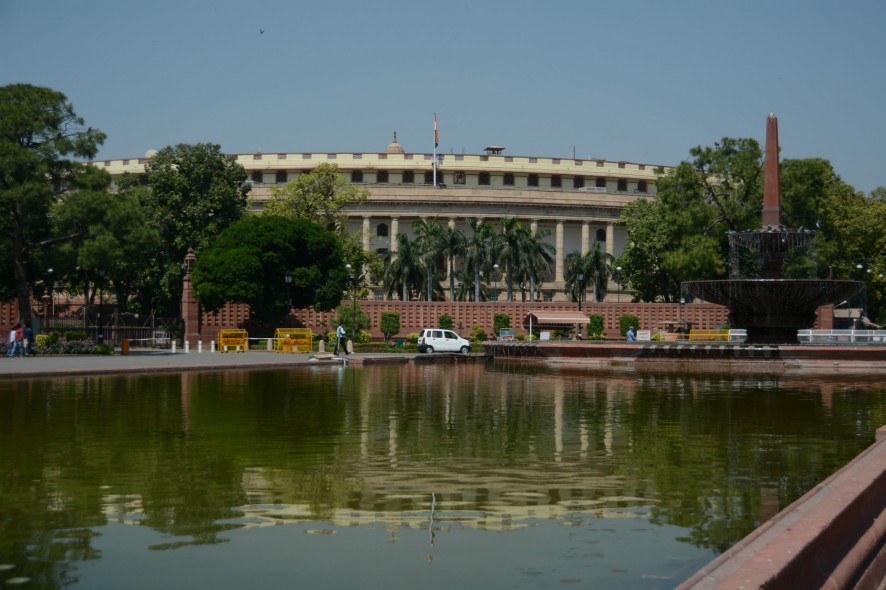The National Institutes of Food Technology, Entrepreneurship and Management Act, 2021 receives President’s assent on July 30, 2021.
Key features of the Act are:
- Under the Act, following institutions of Food Technology, Entrepreneurship and Management have been declared to be the institutions of national importance:
- National Institute of Food Technology Entrepreneurship and Management, Kundli, Haryana.
- The Indian the Indian Institute of Food Processing Technology, Thanjavur, Tamil Nadu.
- The Act seeks to provide for instructions and research in food technology, entrepreneurship and management and for the advancement of learning and dissemination of knowledge in such institutes.
- The functions of the institutes comprise:
- Providing for instruction, research, and knowledge dissemination in the field of food science and technology
- Holding examinations and granting degrees, diplomas, certificates and other academic distinctions or titles
- Determining and collecting fees and other charges,
- Instituting and making appointments for academic and other posts, except that of the Director.
- To institute and award fellowships, scholarships, exhibitions, prizes and medals;
- To do all such things as may be necessary, incidental or conducive to the attainment of all or any of the objects of the Institute.
- The Act provides for composition of a Board of Governors as the principal executive body of the institute which shall be responsible for the general superintendence, direction, and control of the affairs of the institute.
- The Senate will be the institute’s principal academic body which shall be responsible for maintenance of standards of instruction, education, and examination in the institute.
- The Act establishes a Council for coordinating activities of all institutes and facilitating interactions for performance improvement by laying down the policy framework for functioning of the institutes and reviewing the achievement of policy purposes, among others.
- The Act requires each institute to maintain a fund for meeting its expenses. It will be credited with funds received from the central government and other sources, including fees and other charges. The accounts of each institute will be audited by the Comptroller and Auditor General of India.
- Under the Act, any dispute arising out of a contract between the institute and any of its employees will be referred to a Tribunal of Arbitration. The Tribunal of Arbitration shall have the power to regulate its procedure and its decision shall be final. No suit shall lie in any civil court in respect of the matters decided by the said Tribunal.
- The Act provides for the framing of Statutes and Ordinances for each institute with guidelines regarding administrative and academic matters. The Statutes and Ordinances will be framed by the Board and the Senate, respectively. The first Statute of each institute will be framed by the Council with the previous approval of the central government. A new Statute or a Statute amending or repealing an existing Statute shall have no validity unless it has been approved by the Central Government.
*Tanvi Singh, Editorial Assistant has reported this brief.






